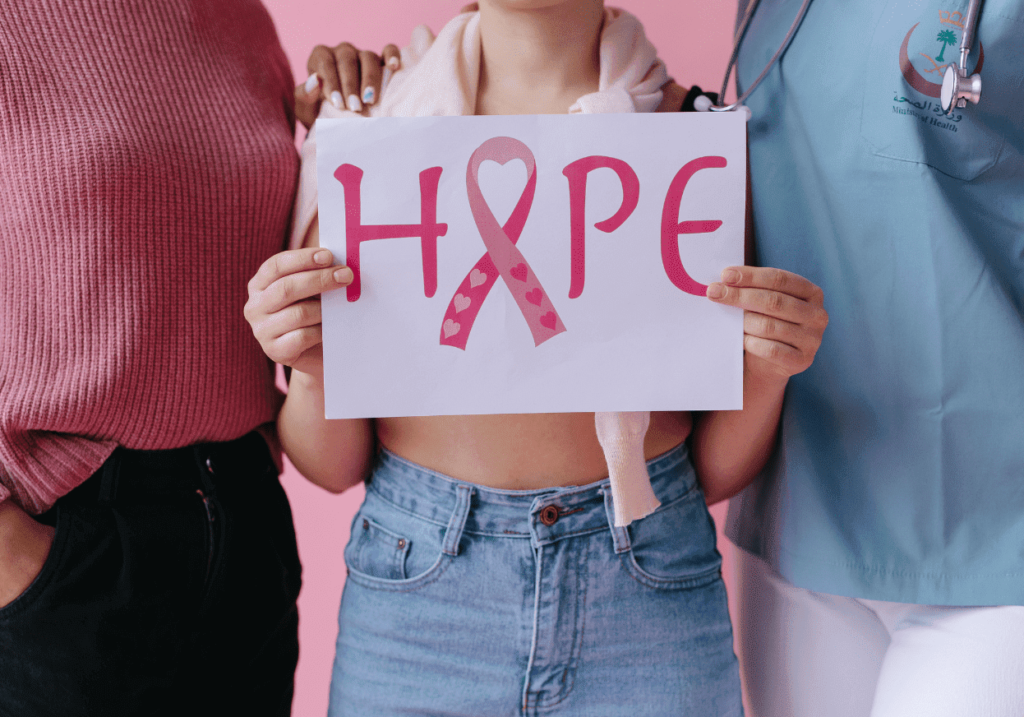October brings with it Breast Cancer Awareness Month, a time that can evoke a range of emotions and experiences. Many mark this month by wearing pink and actively participating in awareness campaigns. For others, it may be a period of reflection, grief, or feeling misunderstood. This October, we aim to embrace and normalize all these experiences while providing essential information about breast cancer.
Breast Cancer Awareness Month is dedicated to promoting screening, prevention, and support for those affected by breast cancer. The disease impacts one in eight women in the United States each year and approximately 2.3 million women globally. Recognized for its pink theme, the month includes a range of campaigns and programs spearheaded by advocacy organizations, community groups, and retailers.
Metastatic Breast Cancer
October 13 is Metastatic Breast Cancer Awareness Day in the United States. This day focuses on raising awareness about metastatic breast cancer, which occurs when the disease spreads to other parts of the body. Approximately 30% of individuals with early-stage breast cancer may eventually experience metastasis. The day underscores the critical need for more research and better treatments for metastatic disease.
Men & Breast Cancer
Although people often associate breast cancer with women, men also face this disease. In 2021, U.S. President Joe Biden established October 17 to October 23 as Men’s Breast Cancer Awareness Week. This year, it is estimated that about 2,710 American men will be diagnosed with breast cancer, and around 530 will die from the disease. The lack of awareness and stigma surrounding male breast cancer can impede early detection and care. Some men, trans men, and non-binary individuals may refer to their condition as chest cancer to better reflect their experiences.
Racial Disparities
Breast cancer remains the most commonly diagnosed cancer among American women, yet significant racial disparities persist. Black women are more likely to die from breast cancer than women from other racial or ethnic groups. This disparity is partly attributed to the higher prevalence of triple-negative breast cancer among Black women. Approximately 1 in 5 Black women are diagnosed with this aggressive form of breast cancer, which is more challenging to treat.
Understanding Genetic Risks
It’s important to note that about 85% of breast cancer cases occur in women with no family history of the disease. These cases are often due to genetic mutations that develop as a result of aging and other factors rather than inherited genetic mutations.
Embracing the Journey
As we observe Breast Cancer Awareness Month, let’s recognize and honor the diverse experiences of those affected by breast cancer. Whether you wear pink, participate in events, or quietly reflect, your support and awareness contribute to the ongoing fight against this disease. Let’s continue to educate, support, and advocate for better outcomes and resources for everyone affected by breast cancer.



